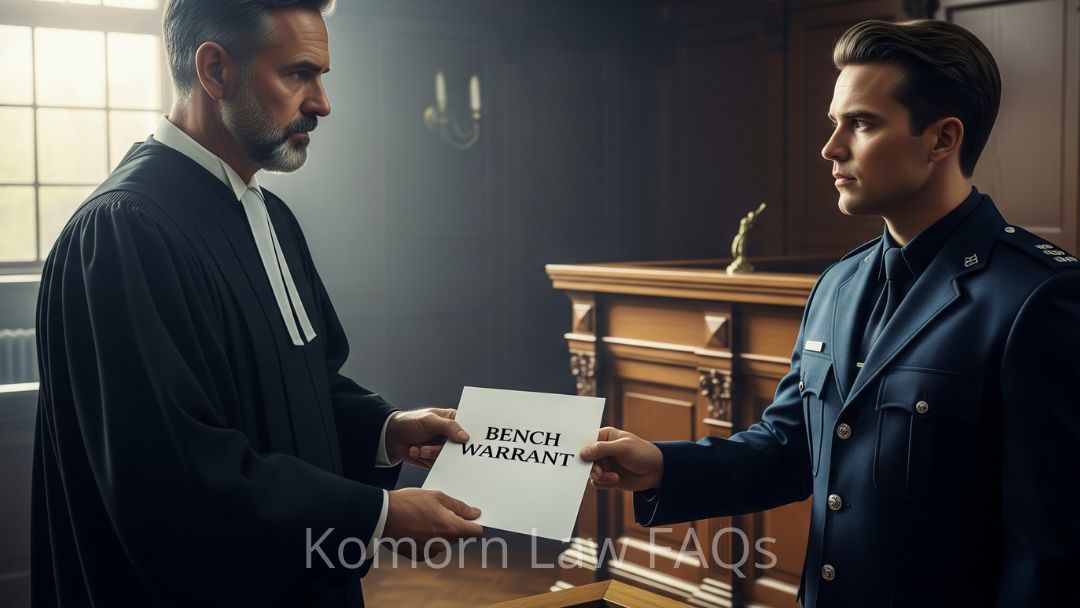Do Passengers have 4th Amendment Rights?
Michigan Supreme Court Limits Police Ability to Search Passenger Property in Cars
Background
Mead was a passenger in a car and had just met the driver, who offered him a ride. When the police stopped the vehicle and ordered both the driver and Mead out, the driver consented to a search of the car.
The police officer searched the car, including Mead’s backpack left on the passenger seat, revealing methamphetamine, marijuana, pills, and a digital scale.
Mead’s possession of methamphetamine led to his arrest, followed by a motion to suppress the search which was ultimately denied. The court denied the motion, citing People v LaBelle, 478 Mich 891 (2007). Defendant was convicted and sentenced to serve 2 to 10 years in prison as a habitual offender, resulting in a 2 to 10-year prison sentence imposed by the judge.
The Case
Mead argued that the police did not have the right to search his backpack, highlighting the limited ability of a car passenger to challenge a vehicle search.
However, there may be specific circumstances where a passenger could potentially contest such a search.
To challenge a search, one must show a valid Fourth Amendment expectation of privacy in the area searched, recognized by society. Courts analyze all circumstances to determine the legitimacy of this expectation.
The Court found that Mead had a legitimate expectation of privacy regarding his backpack, as it was his own property that was being searched. This differs from a common scenario where a passenger may hide illicit items in a car they are traveling in.
In a unanimous opinion by Chief Justice MCCORMACK, in lieu of granting leave to appeal, the Supreme Court held:
A passenger’s personal property is not subsumed by the vehicle that carries it for Fourth Amendment purposes. Accordingly, People v LaBelle, 478 Mich 891 (2007), was overruled; in its place, the following standard applies: a person may challenge an alleged Fourth Amendment violation if that person can show under the totality of the circumstances that he or she had a legitimate expectation of privacy in the area searched and that his or her expectation of privacy was one that society is prepared to recognize as reasonable.
The Driver Gave Consent to the Search the Car?!?!
The driver voluntarily allowed the officer to search the vehicle. Consent grants the officer the authority to conduct a search without the need for a warrant.
The key difference lies in the driver lacking the authority to authorize the officer to search Mead’s backpack, as the backpack belonged to Mead.
Read the case and opinions here
PEOPLE OF THE STATE OF MICHIGAN, Plaintiff-Appellee,
v.
LARRY GERALD MEAD, Defendant-Appellant.
Docket No. 156376.
Supreme Court of Michigan.
Argued on application for leave to appeal October 24, 2018.
Decided April 22, 2019.
Legal Counsel and Your Rights
When facing legal challenges, particularly in criminal cases, it is advisable to seek legal counsel immediately.
An experienced attorney can provide guidance on how to navigate interactions with law enforcement while safeguarding your constitutional rights.
Since 1993 our expert legal defense in navigating criminal law matters and protecting your constitutional rights are what we eat for breakfast everyday.
Contact Komorn Law PLLC if you’re ready to fight and win.
Research us and then call us.
CONSTITUTION OF MICHIGAN OF 1963
§ 11 Searches and seizures.
Sec. 11.
The person, houses, papers, possessions, electronic data, and electronic communications of every person shall be secure from unreasonable searches and seizures. No warrant to search any place or to seize any person or things or to access electronic data or electronic communications shall issue without describing them, nor without probable cause, supported by oath or affirmation.
The provisions of this section shall not be construed to bar from evidence in any criminal proceeding any narcotic drug, firearm, bomb, explosive or any other dangerous weapon, seized by a peace officer outside the curtilage of any dwelling house in this state.
History: Const. 1963, Art. I, § 11, Eff. Jan. 1, 1964 ;– Am. S.J.R. G, approved Nov. 3, 2020, Eff. Dec. 19, 2020
Constitutionality: The last sentence of this section was held invalid as in conflict with US Const, Am IV. Lucas v People, 420 F2d 259 (CA 6, 1970); Caver v Kropp, 306 F Supp 1329 (DC Mich 1969); People v Pennington, 383 Mich 611; 178 NW2d 460 (1970); People v Andrews, 21 Mich App 731; 176 NW2d 460 (1970).
Former Constitution: See Const. 1908, Art. II, § 10.
Recent

Criminal Law FAQs – Bench Warrant
Michigan Criminal Laws FAQs Bench WarrantsAccording to Michigan State Law (Michigan Compiled Laws - MCL), a Bench Warrant is a court order that directs law enforcement officers to arrest and bring a specific individual before the court. It's issued by a judge (from...

Criminal Law FAQs – Traffic Offenses
Michigan Criminal Laws FAQs Traffic OffensesAccording to Michigan State Law (Michigan Compiled Laws - MCL), Traffic Offenses encompass a wide range of violations related to the operation of motor vehicles on public roads and highways. These offenses are primarily...
Other Articles
Video kept from family shows police force not drugs killed son
police and paramedics inflicted “inhumane acts of violence”A mother has filed a federal lawsuit claiming that, while her son was experiencing a seizure in his Tennessee apartment, police and paramedics inflicted “inhumane acts of violence” on the 23-year-old instead...
What could happen when you click the – I agree – box?
Wrongful death suit against Disney serves as a warning to consumers when clicking ‘I agree’A wrongful death lawsuit involving Walt Disney Parks and Resorts highlights the critical importance for consumers to meticulously review the fine print before registering for a...
4th Circuit says – Assault weapons can be banned
This case is about whether the Act’s general prohibition on the sale and possession of certain “assault weapons,” are unconstitutional under the Second Amendment. An en banc federal appeals court upheld Maryland’s ban on assault-style weapons in a 10-5 decision...
SCOTUS – Justices uphold laws targeting homelessness
Does not amount to “cruel and unusual punishment” under the Eighth Amendment The Supreme Court has affirmed the validity of ordinances in a southwest Oregon city that restrict individuals experiencing homelessness from utilizing blankets, pillows, or cardboard boxes...
















